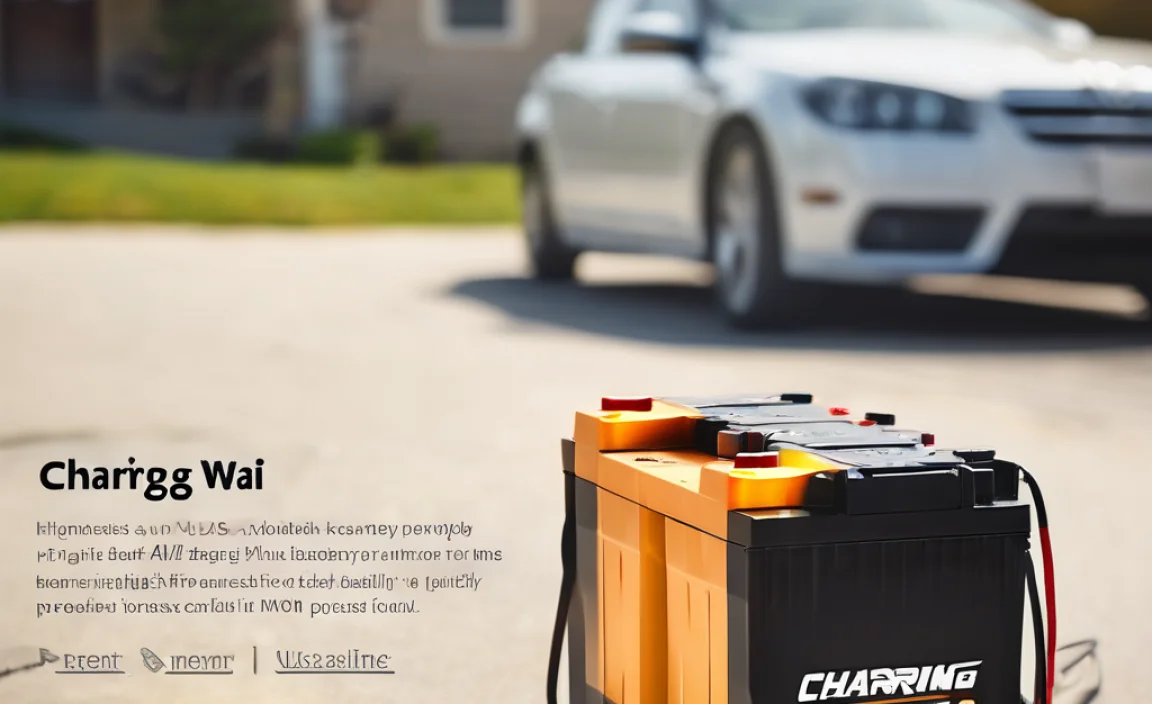Your HP laptop adapter is more than just a power cord; it’s the lifeblood of your portable computing experience. Without a reliable and compatible adapter for HP laptop models, even the most powerful machine becomes a sleek paperweight after its battery drains. Choosing the best adapter isn’t just about finding one that fits; it’s about ensuring optimal performance, longevity for your laptop, and, crucially, your safety. This guide will delve into what makes an HP laptop adapter the right choice for you, covering essential considerations from wattage and connectors to genuine versus third-party options.
Understanding the Importance of the Right Adapter for HP Laptop Devices
When you purchase an HP laptop, it comes bundled with an adapter specifically designed for its power requirements. This isn’t an arbitrary accessory; it’s engineered to deliver the precise voltage and amperage your laptop needs to charge efficiently and operate without strain. Using an incorrect or low-quality adapter can lead to a cascade of problems. Underpowered adapters might charge your laptop incredibly slowly, or even fail to keep up with power demand during intensive tasks, leading to battery drain even while plugged in. Overpowered adapters, while less common, can potentially damage internal components due to excessive voltage.
The physical connector is another critical aspect. HP has used various connector types over the years, from the classic barrel connectors of varying sizes to the more modern USB-C Power Delivery standard. Forcing an incompatible connector can damage both the adapter’s tip and your laptop’s charging port, resulting in expensive repairs. Therefore, identifying the correct adapter for HP laptop models is paramount before making any purchase.
Key Factors When Selecting an Adapter for HP Laptop Use
To ensure you’re making the best choice, consider these crucial factors:
Wattage: The Powerhouse of Your Adapter
Wattage (W) is a measure of the adapter’s power output. Your HP laptop has a specific power requirement, usually indicated on the original adapter or within your laptop’s specifications. If you’re replacing your adapter, it’s essential to match or slightly exceed the original wattage. For example, if your laptop came with a 45W adapter, opting for a 65W adapter is generally safe and can even lead to faster charging. However, choosing an adapter with significantly lower wattage will likely result in slow charging or insufficient power. Conversely, while a higher wattage is usually safe, it’s always best to stick close to the recommended rating to avoid unnecessary heat buildup or potential compatibility nuances.
Connector Type: Ensuring a Secure Fit
As mentioned, HP uses a variety of connectors. The most common are:
Barrel Connectors: These come in various diameters. Measure the old one carefully, or consult your laptop’s model number. HP often uses specific color-coded tips (e.g., blue, black) which can also indicate wattage and compatibility.
USB-C / Thunderbolt: Newer HP laptops increasingly rely on USB-C for charging, often supporting the Power Delivery (PD) standard. If your laptop supports USB-C charging, ensure the adapter you choose also supports USB-C PD with sufficient wattage. This offers the versatility of using the same charger for multiple devices.
Voltage and Amperage: The Electrical Foundation
While wattage is the combined product of voltage (V) and amperage (A), it’s good to be aware of these individual components. The voltage of the adapter must match your laptop’s requirement precisely. The amperage should be equal to or greater than what your laptop needs. When you have the correct wattage, these are usually implicitly matched correctly.
Genuine HP Adapters vs. Third-Party Options
When sourcing an adapter for HP laptop devices, you’ll encounter both genuine HP chargers and a vast array of third-party alternatives.
The Advantages of Genuine HP Adapters
Genuine HP adapters offer peace of mind. They are manufactured to HP’s strict quality control standards, ensuring optimal performance, safety, and compatibility with your specific laptop model. They are designed to work seamlessly with your laptop’s power management system, protecting the battery from overcharging or damage. While often more expensive, the reliability and safety they provide are often worth the investment.
Considerations for Third-Party Adapters
Third-party adapters can be significantly cheaper, making them an attractive option. However, caution is advised. Look for reputable brands that clearly state compatibility with your HP laptop model and emphasize safety certifications (e.g., UL, CE, FCC). Poorly manufactured third-party adapters can pose safety risks like overheating, electrical shorts, and even fire hazards. They may also lack the sophisticated power regulation of genuine adapters, potentially shortening your laptop’s battery lifespan or causing performance issues. If you opt for a third-party adapter for HP laptop, do thorough research, read reviews, and purchase from a trusted retailer.
Maintaining Your Adapter for Longevity
Once you’ve selected the right adapter:
Avoid Bending Cables Sharply: Repeated sharp bends can fray wires inside the cable, leading to intermittent power or complete failure.
Handle with Care: Don’t yank the plug from the wall or laptop; grasp the plug itself.
Keep it Cool: Avoid using or storing the adapter in extremely hot environments, as excessive heat can degrade its components.
Inspect Regularly: Periodically check the adapter cable and connectors for any signs of damage, such as exposed wires, cracked casing, or bent pins. If damage is found, it’s time for a replacement.
Choosing the correct adapter for HP laptop is a crucial step in maintaining your device’s health and ensuring uninterrupted productivity. By understanding the technical specifications and considering the source of your purchase, you can make an informed decision that protects your investment and keeps your HP laptop powered up for years to come.

